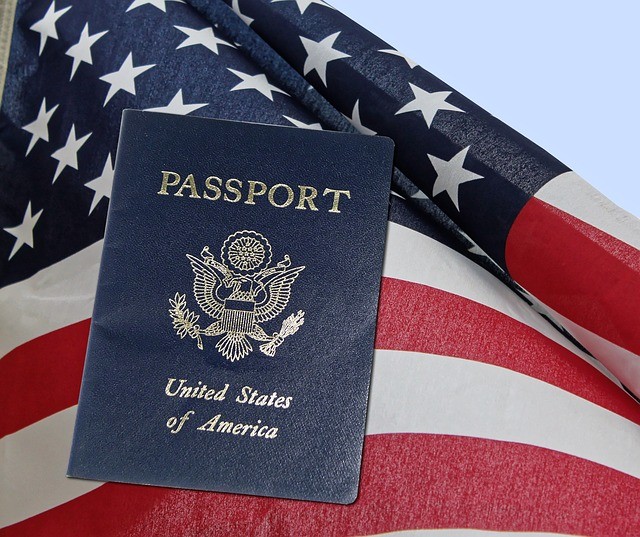When Should You File Your Asylum Application?
Many foreigners who are planning to apply for asylum do not know that there is a filing deadline for asylum applications. If an alien does not file the application within the deadline, his application cannot be approved even if he qualifies for asylum, unless one of the exceptions applies.
Pursuant to the Immigration and Nationality Act, an alien must file his application for asylum within one year after the date of the alien’s arrival in the United States. INA § 208(a)(2)(B). If an alien has filed an application one year after his arrival in the United States the application may be considered only if the alien demonstrates the existence of changed circumstances which materially affect the applicant’s eligibility for asylum or extraordinary circumstances relating to the delay in filing within one year from the date of the alien’s arrival. Id. § 208(a)(2)(D).
The one-year period is calculated from the date of the alien’s last arrival in the United States. The date of entry is not counted in calculating the one-year period for filing the asylum application. Minasyan v. Mukasey, 553 F.3d 1224, 1229 (9th Cir. 2009). When the last day of the one-year period falls on a Saturday, Sunday, or legal holiday, the period will run until the end of the next working day. 8 C.F.R. § 208.4(a)(2)(ii). For purposes of the one-year rule, the application is considered to have been filed on the date it is received by USCIS. If an application is filed after the one-year period it will be considered only if one of the statutory exceptions applies.
Changed Circumstances
An alien’s late filed application for asylum may be considered if the applicant is able to show changed circumstances which materially affect the applicant’s eligibility for asylum. This exception is for aliens who did not qualify for asylum at the time of arrival, however, due to changed circumstances, they became eligible for asylum later.
It should be noted that changed circumstances do not grant an automatic extension of the one-year period. The alien must file the application within reasonable time from the changed circumstances. Matter of T-M-H- & S-W-C-, 25 I. & N. 193, 194 (B.I.A. 2010) (internal citations omitted). If the alien files the application within six months from changed circumstances the decision-maker shall determine whether the time was reasonable taking into account the totality of circumstances. Id. If the applicant has waited one year or more, such delay may be excused only in case of particular circumstances. Id. Consequently, the applicant shall file the application at least within six months after the changed circumstances otherwise it will be difficult to show that the application was filed within a reasonable time.
Extraordinary Circumstances
The second exception to the one-year rule is extraordinary circumstances relating to the delay in filing the application for asylum. These circumstances shall refer to events or factors directly related to the failure to meet the one-year deadline. 8 C.F.R. § 208.4(a)(5). As in the case of changed circumstances, the application shall be filed within reasonable time given those circumstances. Id. The applicant shall prove that he has not intentionally created those circumstances, that they are directly related to his failure to submit the application within the specified deadline, and that the delay was reasonable under the circumstances. Id.
Extraordinary circumstances may include but are not limited to:
(a) Serious illness, mental or physical disability;
(b) Legal disability;
(c) Ineffective assistance of counsel;
(d) The applicant maintained legal status or was given parole until a reasonable period before filing the application;
(e) The applicant filed the application prior to the expiration of the one-year deadline, but the application was rejected by USCIS as not properly filed, was returned to the applicant for corrections, and was re-filed within a reasonable period thereafter;
(f) The death or serious illness or incapacity of the applicant’s legal representative or the applicant’s immediate family member. Id.
It should be noted that this list is not exhaustive. If an applicant was unable to file the application within the one-year deadline period of other extraordinary circumstances, not listed above, the decision-maker may forgive the failure to submit the application by the deadline.
To sum up, an alien who qualifies for asylum shall file the application within one year after his arrival. If the alien fails to meet the deadline his application may be considered only if it was filed within a reasonable period after changed or extraordinary circumstances. To avoid any complications the qualifying applicant shall follow the one-year rule.
Give us a call, our attorneys speak English, French, Spanish, Russian, Armenian, Hebrew, Farsi, and Arabic.

